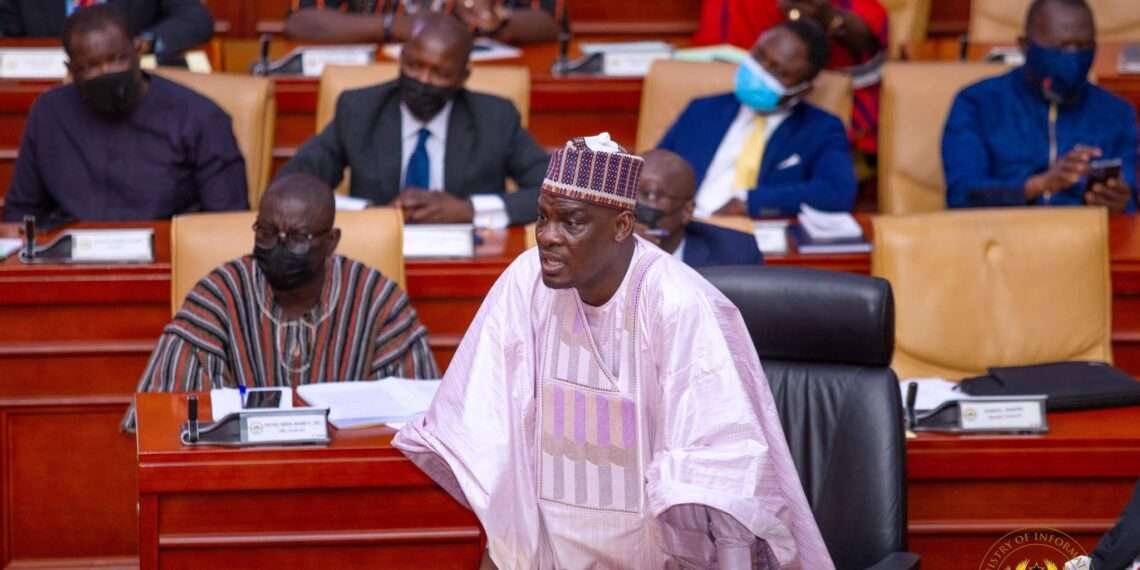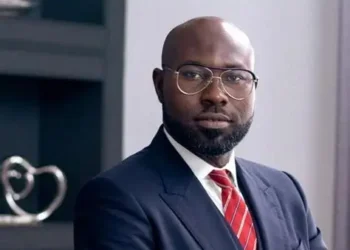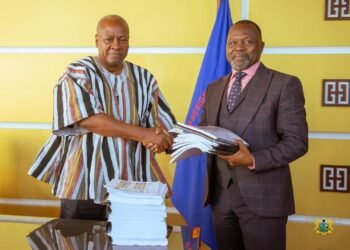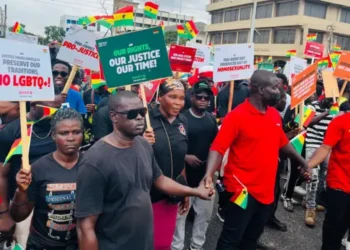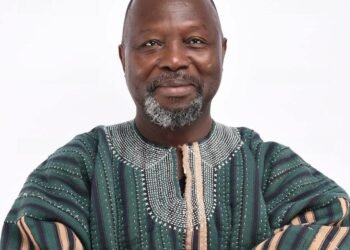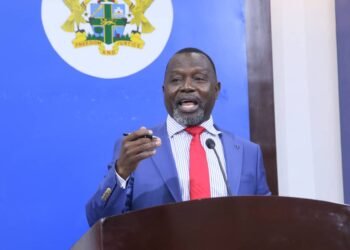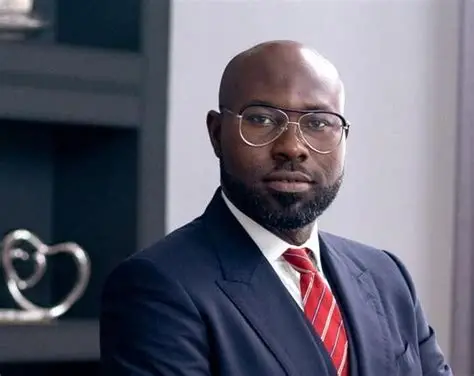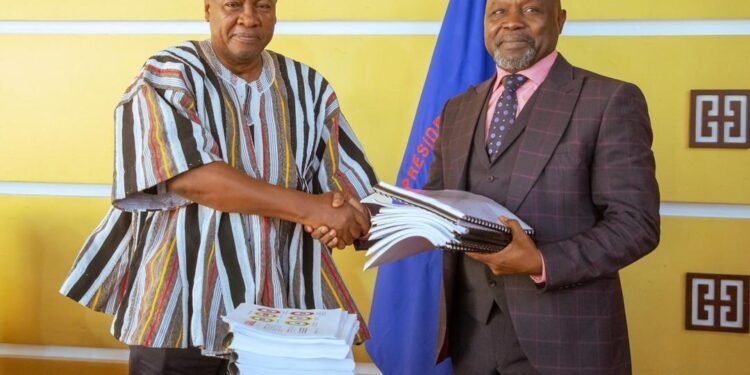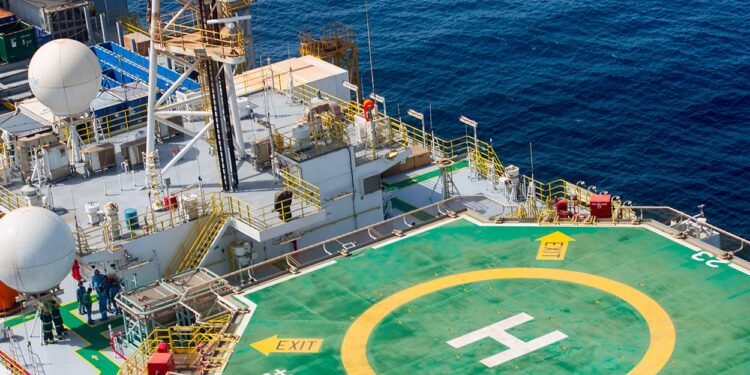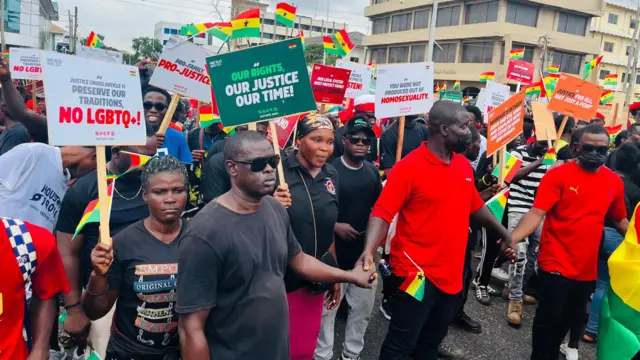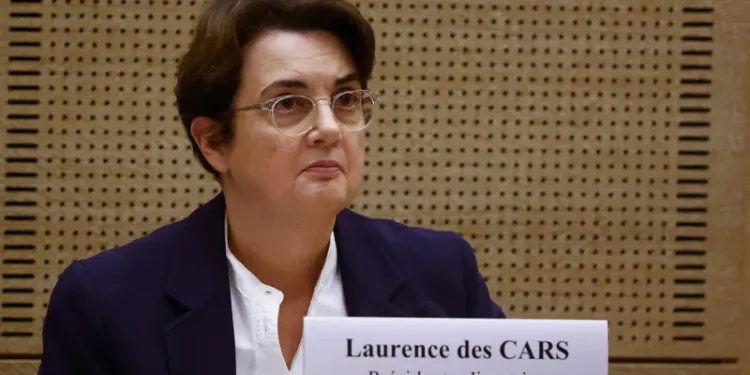The Minority Caucus in Parliament has assured Ghanaians of their plans to reject anything that will be detrimental to their interest in the 2023 ‘Nkabom’ budget.
The Minority’s decision was made known at an engagement with the press today, Wednesday December 7, in parliament.
According to the Minority, today’s engagement was to clarify the various stages the budget went through before it was approved, following public uproar about its adoption and approval on Tuesday December 6.
The Minority Leader, Haruna Iddrisu, indicated that Tuesday’s exercise of approving the budget was a very important constitutional exercise.
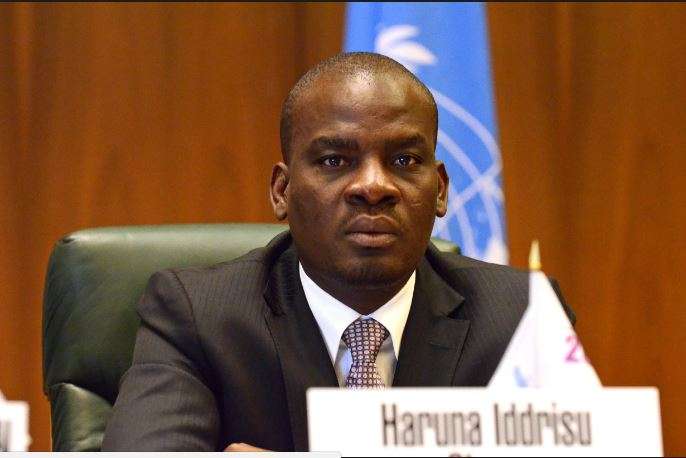
A Ranking Member on the Health Committee, Kwabena Mintah Akwandoh, also explained that the Minority’s stance on some of the items in the budget still remain the same, many of which the Minority would be voting against. “One of which is the 2.5% Value Added Tax (VAT) increment and the debt restructuring announced by Ken Ofori-Atta, the finance minister,” he emphasized.
Approval of 2023 budget In Middle Of Deep Economic Woes
Ghana’s parliament narrowly approved the proposed 2023 budget presented by the Finance Minister, Hon. Kenneth Ofori Atta, yesterday December 6, 2022, overcoming resistance from opposition lawmakers over the inclusion of a debt exchange programme and inreased value added tax.
Hon Kenneth Ofori Atta proposed a budget last month that aimed to narrow Ghana’s cavernous deficit with spending cuts and new revenue-generating measures. It also included a domestic debt restructuring programme.
Votes in favour of the budget fell neatly along party lines. Opposition lawmakers criticised plans to restructure Ghana’s debt and increase consumption taxes without offering significant spending cuts.
The country will freeze the hiring of public and civil servants and extend a moratorium on government car purchases and non-essential travel in order to tackle a spiralling debt crisis, Finance Minister Ofori-Atta said at the time. He did not offer any cuts to spending on flagship programmes, however, he gave a detailed range of wider infrastructure and social investment.
The nation’s debt amounts to more than 100 percent of its gross domestic product (GDP), and payments to service that debt regularly range between 70 percent and 100 percent of government revenue.
Ghana is in talks with the International Monetary Fund for a support package to help relieve its debt distress, and hopes to secure a staff-level agreement in the coming weeks.
READ ALSO: I’m Not Sure NDC Is Broke, That Is Propaganda Talk- Political Scientist



